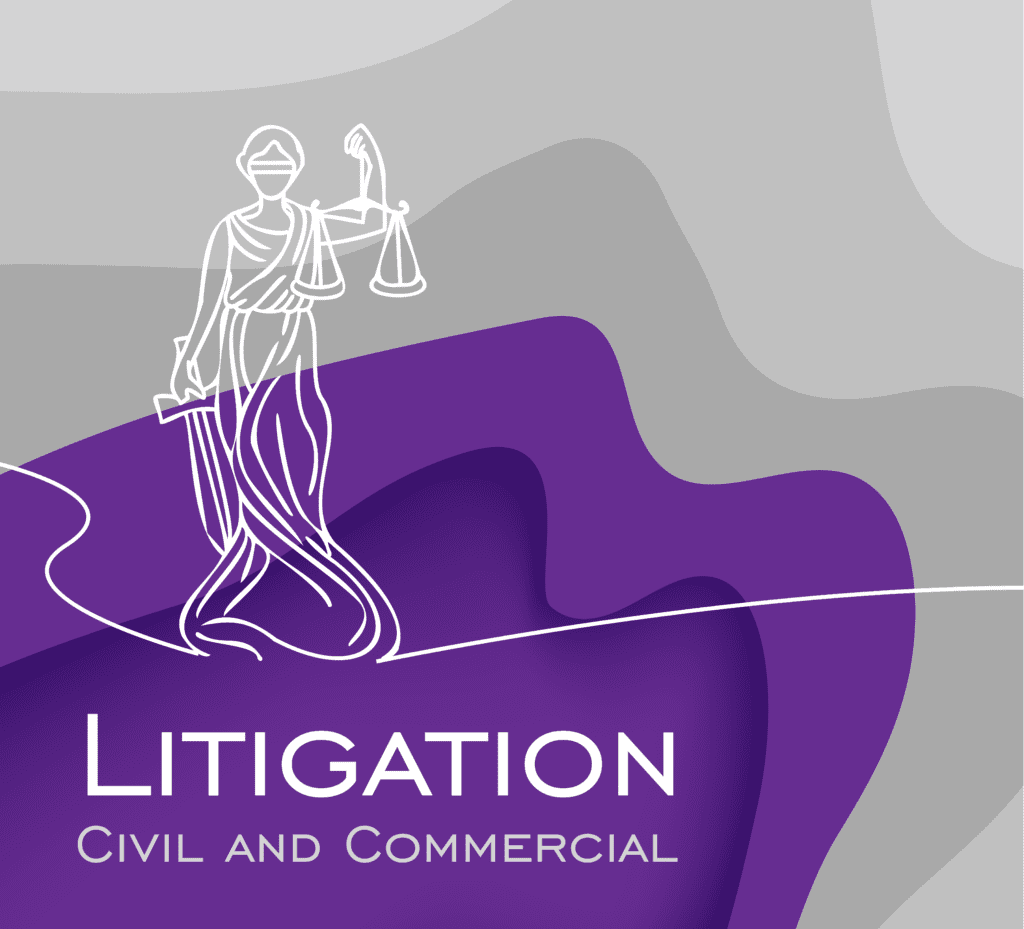Entering into a contract involves a level of trust and reliance on the information provided by all parties involved. Misrepresentation occurs when one party is misled by false statements, which can have significant legal implications. This article provides an overview of misrepresentation in contract law, types of misrepresentation, how it can be proven, and available remedies
What is Misrepresentation?
When entering into a contract, you rely on statements made by the other party. Misrepresentation occurs when Party A (or their agent) gives a false material statement of fact or law, influencing Party B to enter into the contract, resulting in a loss due to the false statement.
Types of Misrepresentation
Fraudulent Misrepresentation:
This is when a party knowingly and intentionally makes a false statement, intending for the other party to rely on it, causing them to suffer a loss. This is the hardest type to prove as it requires compelling evidence of the offending party’s state of mind.
Innocent Misrepresentation:
This occurs when a party believes their false statement to be true or has reasonable grounds to believe it to be true. It is neither fraudulent nor negligent.
Example: A seller genuinely believes their car has never been in an accident, but it turns out it had.
Negligent Misrepresentation:
This is when a party carelessly makes a statement without reasonable grounds to believe it is true, as defined in the Misrepresentation Act 1967. It can also arise under the tort of negligence where a special relationship exists between the parties.
Exceptions to Silence
Generally, silence will not amount to a misrepresentation, however there are exceptions:
- Half-Truths: A statement that is accurate but fails to convey the full truth, making it misleading.
- Change of Circumstances: A statement that was true when made but later becomes untrue must be corrected by the party who made it.
Proving Misrepresentation
To prove misrepresentation, the Claimant must show on the balance of probabilities that:
- A false statement of law or fact was made.
- The statement induced the Claimant to enter the contract.
- The Claimant suffered a loss as a result of the misrepresentation.
What are the remedies for misrepresentation?
Misrepresentation makes a contract voidable. The primary remedy is rescission, where the court returns the parties to their pre-contractual position. However, rescission may not always be possible, and delays in acting can affect this remedy.
The court may also award damages to compensate for the loss incurred, aiming to put the party in the position they would have been if the misrepresentation had not been made. Damages are not available for innocent misrepresentation.
Is it possible to exclude liability for misrepresentation?
Liability can be excluded via specific exemption clauses in the contract. However, under the Misrepresentation Act 1967, such clauses must meet the reasonableness requirement under s11 Unfair Contractual Terms Act 1977 or the fairness test in s62 Consumer Rights Act 2015.
Is misrepresentation the same as a breach of contract?
Misrepresentation involves false representations that lead to the contract, whereas a breach of contract involves breaking a term or obligation under the contract. There can be ambiguity over whether a statement is a ‘term’ or a ‘representation’.
How we can help?
Navigating the complexities of contract law, especially misrepresentation cases that often overlap with tort law, can be daunting. If you find yourself misled into a contract, believe you’re a victim of misrepresentation, need help resolving a contractual disagreement, or are facing a misrepresentation claim, our expert solicitors are here to provide clarity and support.
Reach out to us today at the following numbers to connect with a member of our team:
• Luton, dial +441582 383 888.
• London, dial +442034 393 888.
• St Albans, dial +441727 519 888.
Alternatively, if you’re accessing this information outside our business hours (9am to 5.30pm Monday to Friday, excluding bank holidays) or prefer to put your request in writing, please use our contact form. We’ll promptly respond within 1 working day.



